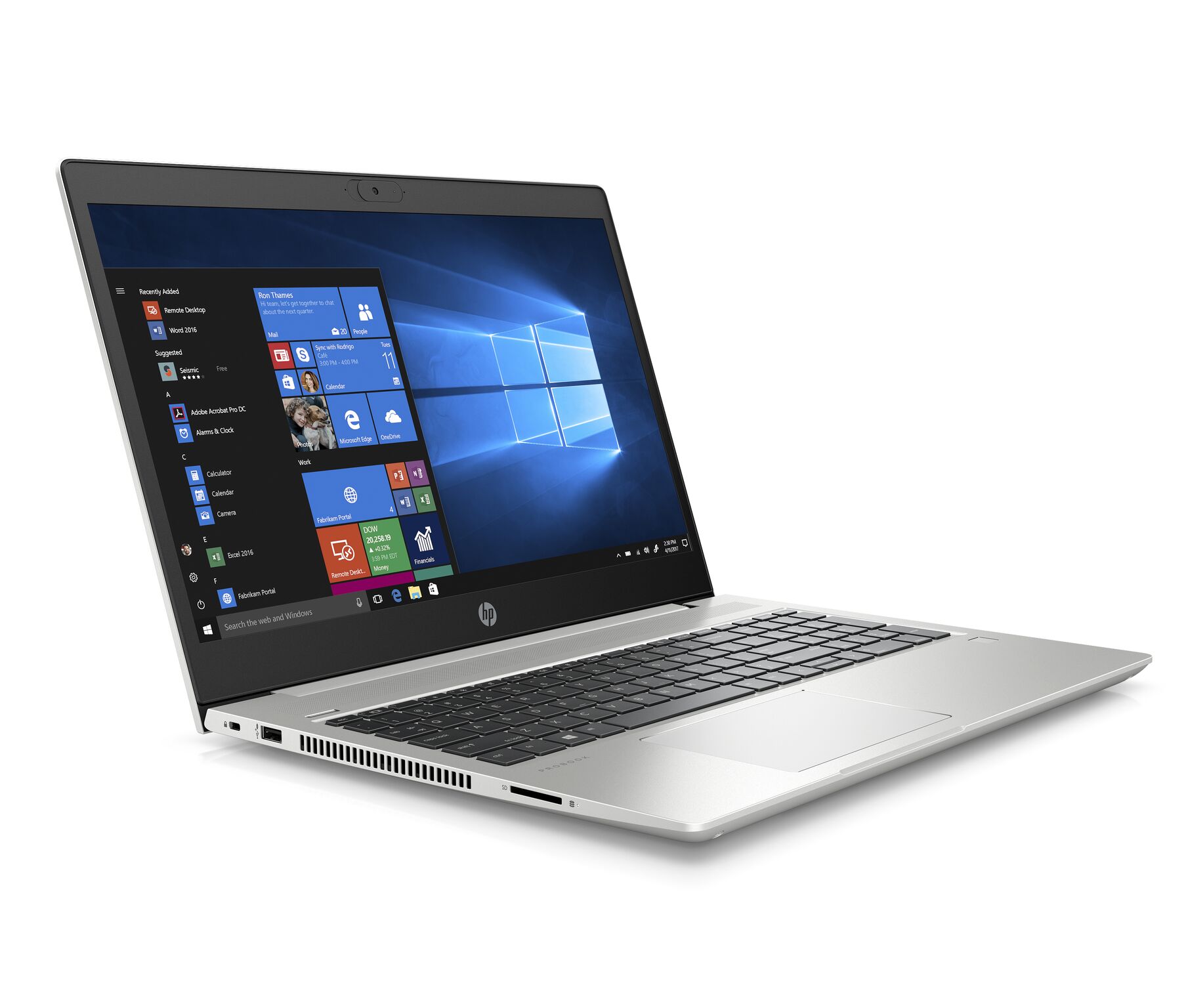12-06-2025 update: After reaching out to HP about this issue, we’ve received an official response from the company, included below. The original article continues after the brief statement from HP.
HP is aware of a potential issue with a recently released BIOS update that could impact the HP ProBook x360 435 G7, HP ProBook 445 G7, HP ProBook 455 G7, HP EliteBook 835 G7, HP EliteBook 845 G7, and HP EliteBook 855 G7. We’re continuing to investigate the issue and work closely with impacted customers. Customers who may have experienced this issue should contact HP Support.On May 26, a user on HP’s support forums reported that a forced, automatic BIOS update had bricked their HP ProBook 455 G7 into an unusable state. Subsequently, other users have joinedthe threadto sound off about experiencing the same issue.

If you’ve ever updated the BIOS manually on a PC, you may recall that there are usually warnings against making such updates while not charged, not powered on, or running background tasks that may interfere with updating system files. The BIOS is generally understood to be one of the most sensitive components of your system, with unexpected issues likely to result in crashes or even bricked systems like our main example.
This common knowledge regarding BIOS software would, then, seem to make automatic, forced BIOS updates a real issue, even if it weren’t breaking anything. Allowing the user to manually install and prepare their systems for a BIOS update is key to preventing issues like this. Some users are pointing out that these auto-updates are so overzealous that they’ll even start on a laptop that has just booted with minimal battery power reserves. This seems to be one of the more common causes of upset, as well.

At the time of writing, HP has made no official comment on the matter — and since this battery update was forced onlaptops originally released in 2020, this issue has also bricked hardware outside of the warranty window, when previously users could simply send in the laptop for a free repair. Forum users reporting on the issue claim that no help from HP seems to work, only specialist ROM programming hardware seems to have the potential to fix the issue, so far.
Overall, this isn’t a very good look for HP, particularly its BIOS update practices. The fragility of BIOS software should have tipped off the powers at be at HP about the lack of foresight in this release model, and now we’re seeing it in full force with forced, bugged BIOS updates that kill laptops. A few users also seem to be reporting similar issues with some HP desktops, but HP ProBook 455 G7 laptops seem to be by far the most impacted.
Hopefully, HP will take action to right their wrongs here, soon. Your paying customers deserve better than to get forced updates that break the hardware they paid you for, 2020 laptop or not. This kind of practice certainly won’t bring them back to you whenever they decide it’s time to buy a newUltrabook or pro laptop, particularly considering the professional branding and focus.
Get Tom’s Hardware’s best news and in-depth reviews, straight to your inbox.
Christopher Harper has been a successful freelance tech writer specializing in PC hardware and gaming since 2015, and ghostwrote for various B2B clients in High School before that. Outside of work, Christopher is best known to friends and rivals as an active competitive player in various eSports (particularly fighting games and arena shooters) and a purveyor of music ranging from Jimi Hendrix to Killer Mike to the Sonic Adventure 2 soundtrack.